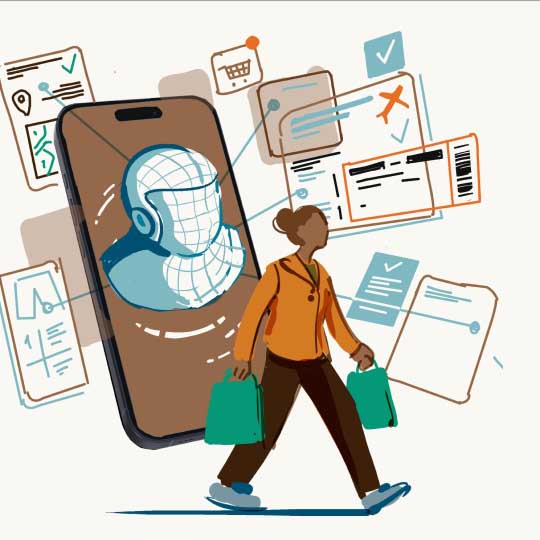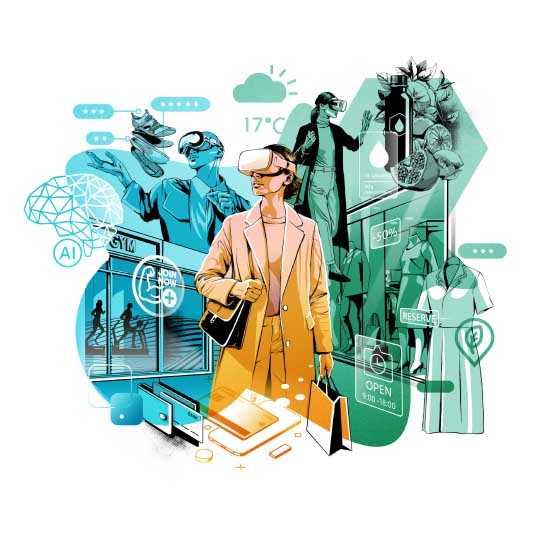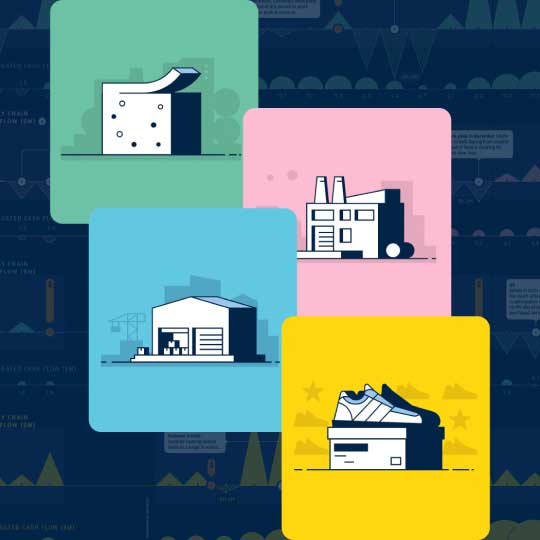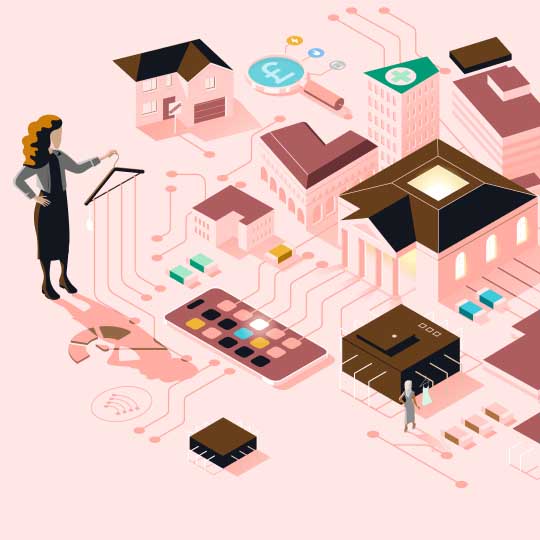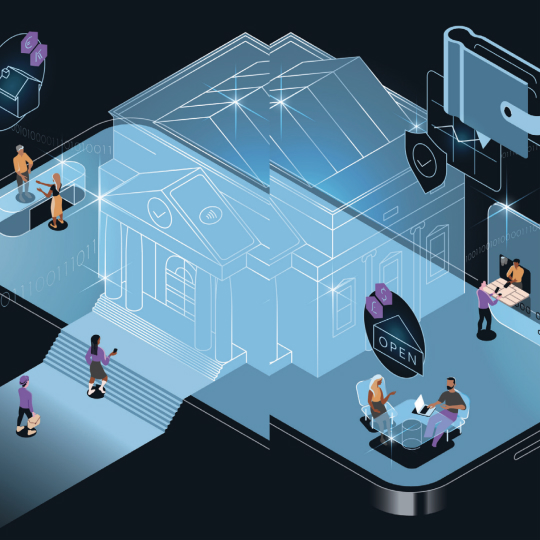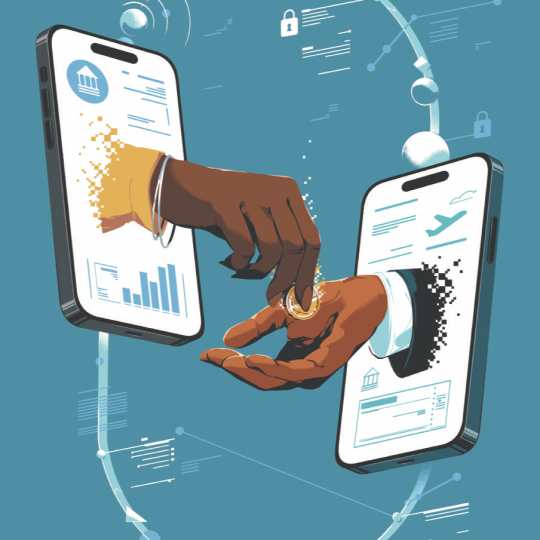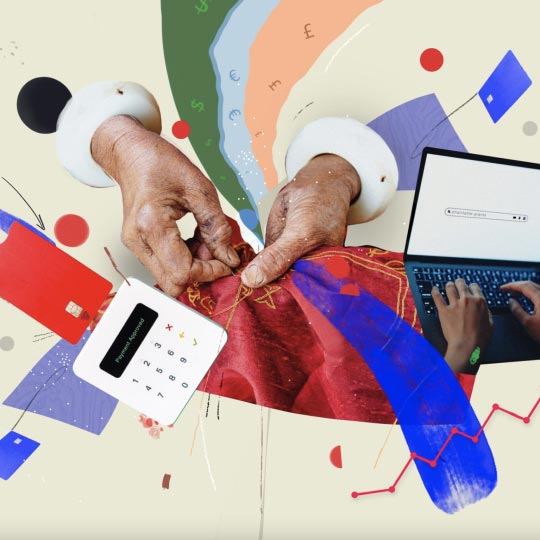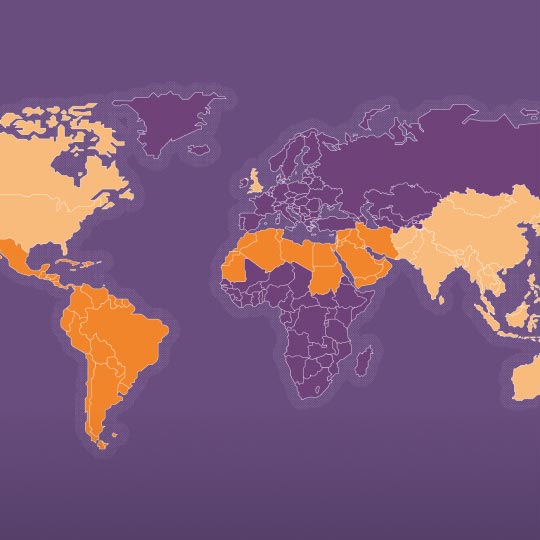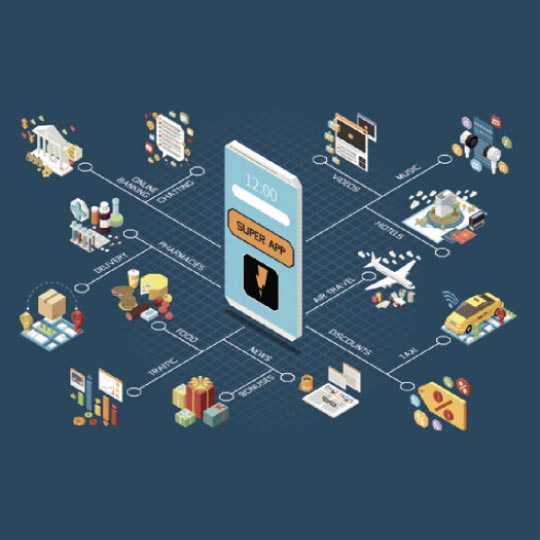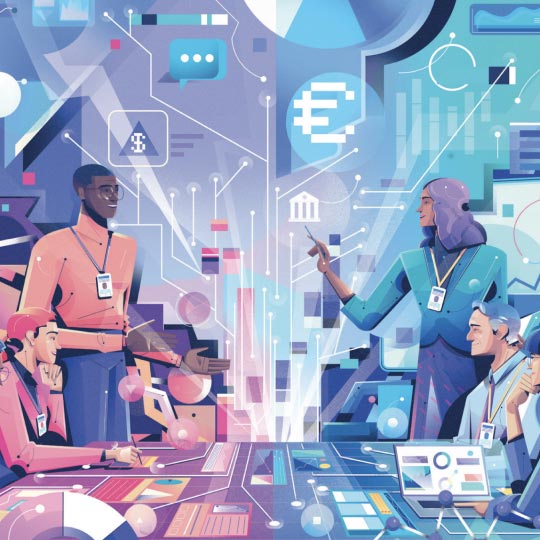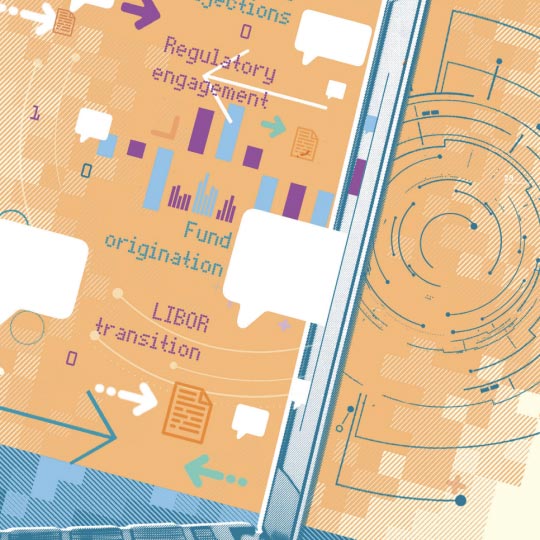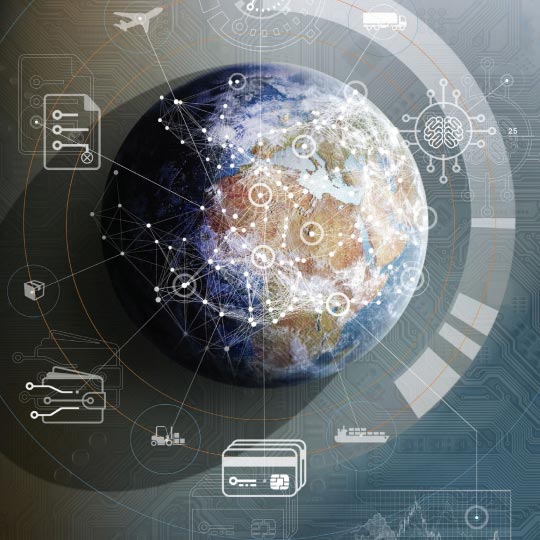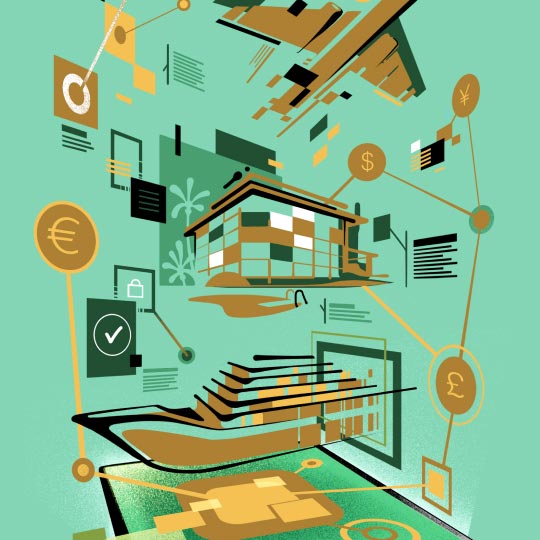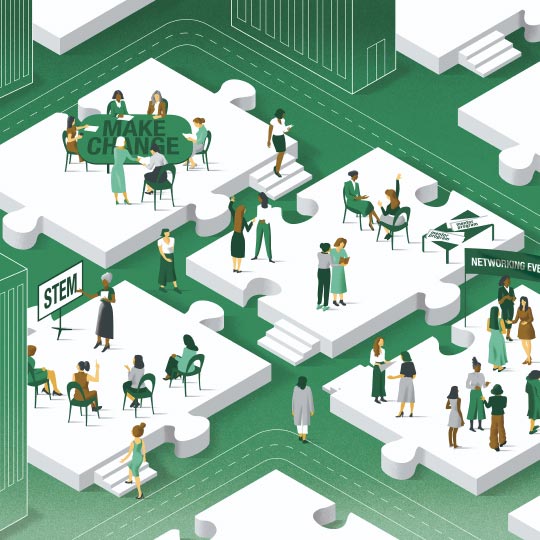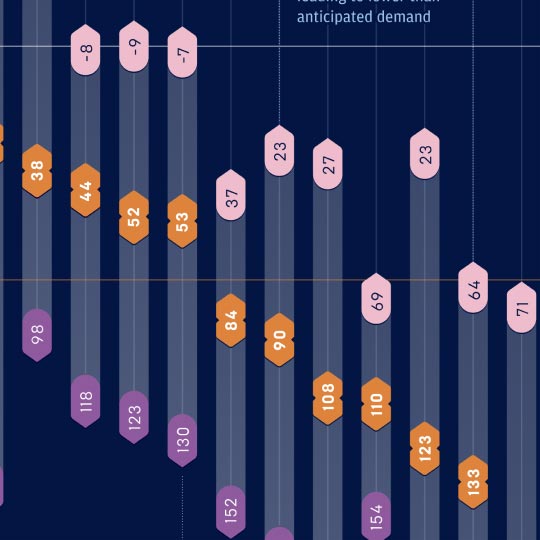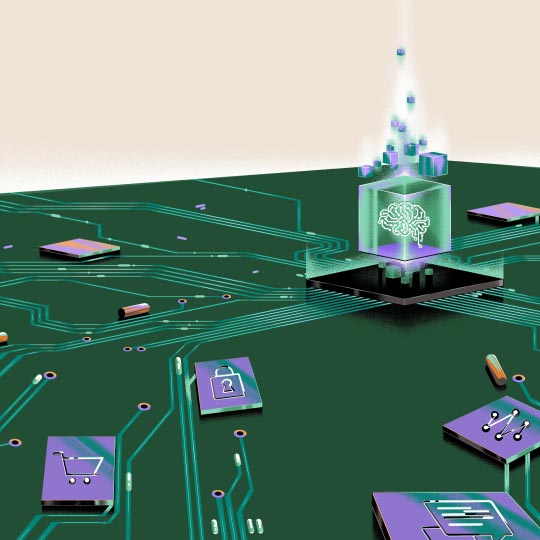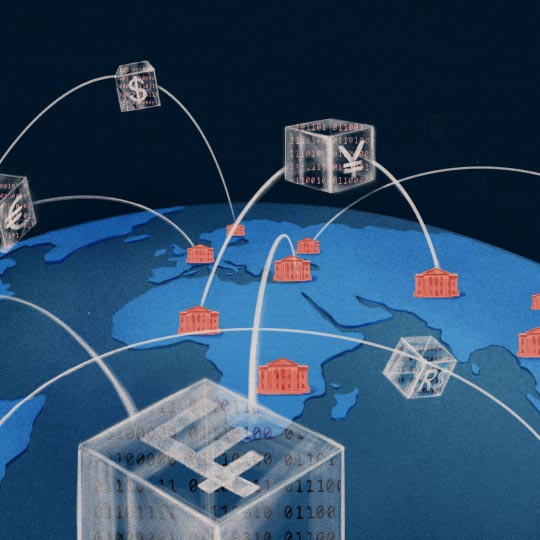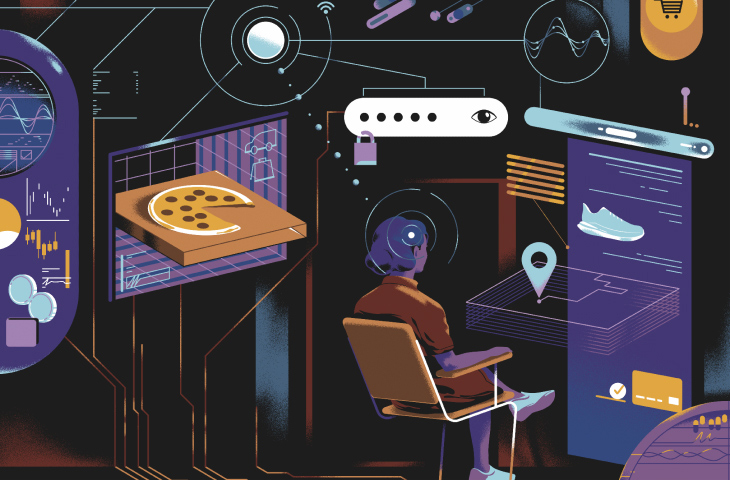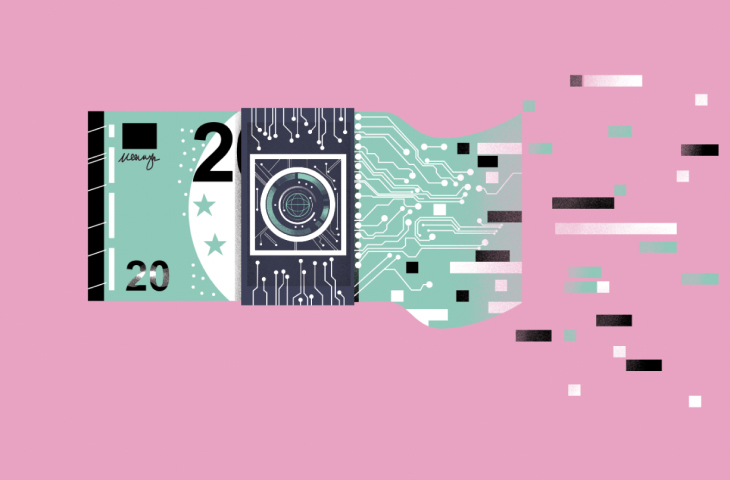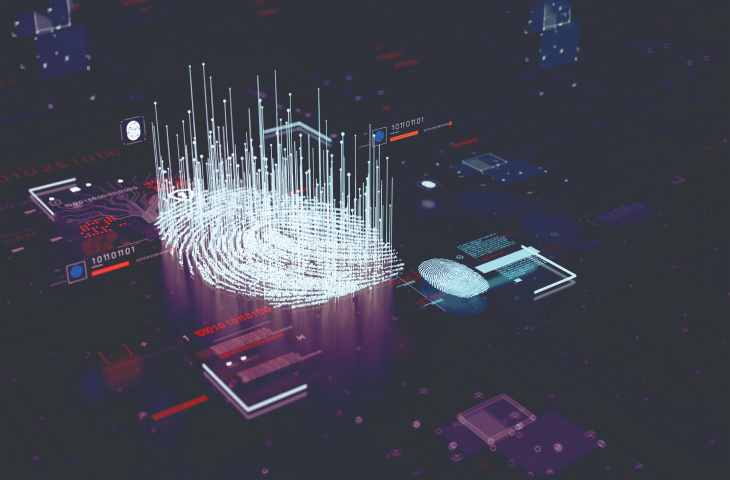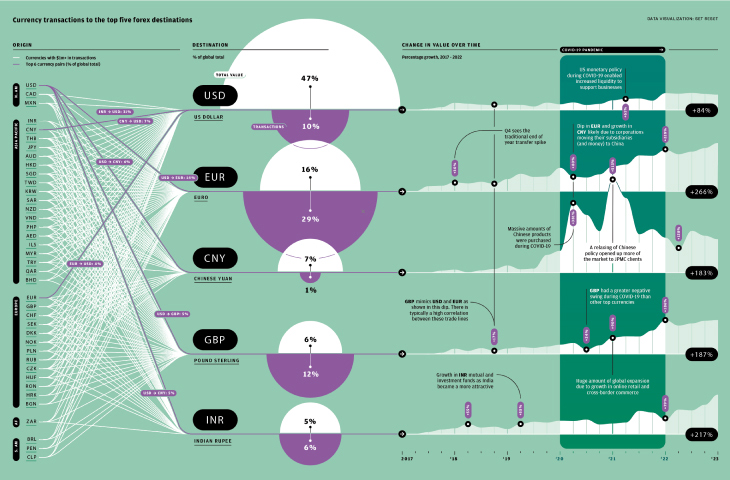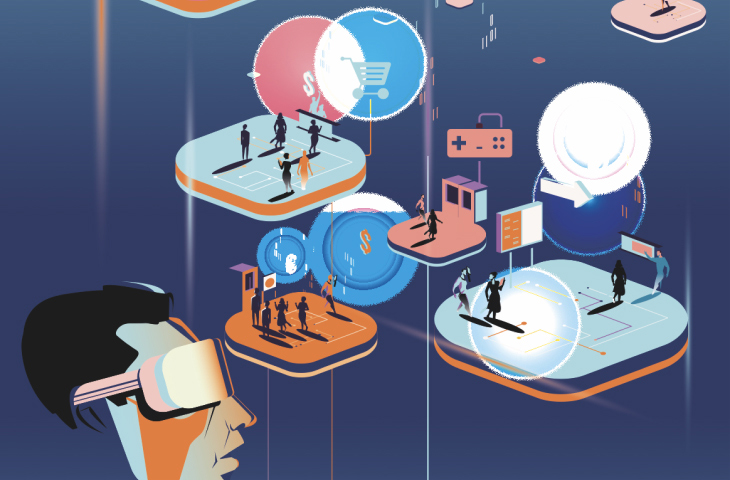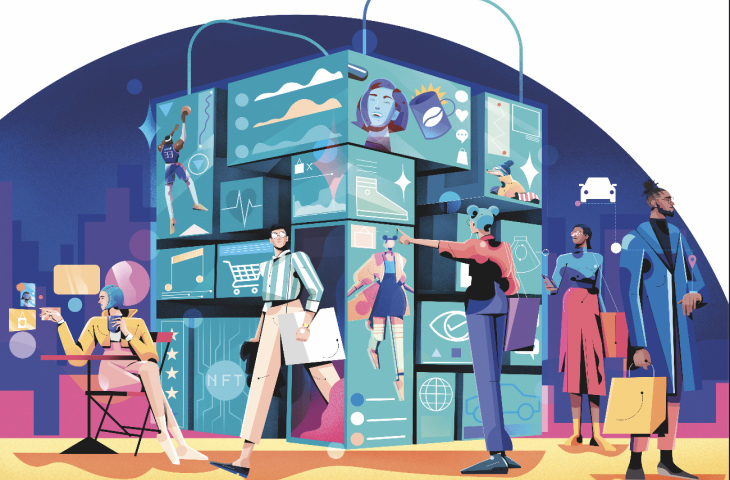For Companies and Institutions
-
Commercial Banking
We provide credit, financing, treasury and payment solutions to help your business succeed. We also offer best-in-class commercial real estate services for investors and developers.
-
Global Corporate Banking
We help clients achieve their long-term strategic goals through financing, liquidity, payments, risk management and investment banking solutions.
-
Investment Banking
Providing investment banking solutions, including M&A, capital raising and risk management, for a broad range of corporations, institutions and governments.
-
Institutional Investing
We support the entire investment cycle with market-leading research, asset management, analytics, execution, and investor services.
-
Payments
Your partner for commerce, receivables, cross-currency, working capital, blockchain, liquidity and more.
Key Links
For Individuals
-
Wealth Management
With J.P. Morgan Wealth Management, you can invest on your own or work with an advisor to design a personalized investment strategy. We have opportunities for every investor.
-
Private Bank
A uniquely elevated private banking experience shaped around you.
Explore a variety of insights.
Key Links
Insights by Topic
Explore a variety of insights organized by different topics.
Key Links
Insights by Type
Explore a variety of insights organized by different types of content and media.
Key Links
We aim to be the most respected financial services firm in the world, serving corporations and individuals in more than 100 countries.
Key Links
- Payments
- Payments Unbound
- Payments Unbound - The digital magazine
- Payments Unbound Articles
- Is AGI the Future of Finance?
Featuring future-thinking clients
Payments Unbound unites clients from a wide range of industries to bring you innovative insights that help you navigate the future of payments.
Is AGI the future of finance?
Two sides of the same coin
If that were to happen, everything would be touched by it, including finance. Not only would it unlock extraordinary progress behind the scenes, but it would also likely change the nature of financial transactions themselves, with “machine customers” accounting for an increasing share of global transactions. Yet experts are torn about whether AGI is really possible. Should the finance world see it as a pipe dream—or something more? We asked a thought leader on each side of the debate for their perspective...

Rachel St. Claire
Co-Founder and CEO of SimuliAs a society, we have been thinking about AGI for a long time. We’re at the point where AI can outperform humans on a single task, and now many in the field are pushing for human-like cognition and beyond. There are lots of great minds working on this, and we are advancing bit by bit.
It’s inevitable that we will get there. We already have the collective expertise among humans: We have the computational power, and we’re developing new learning algorithms and advanced mathematical systems.
AGI can come in various different forms with a range of different cognitive abilities. At Simuli, we’re working towards an agent that can understand the world in the way we understand it.
There are various important stepping stones as we move towards our version of AGI. For one, it needs to be able to learn indirectly from its surroundings. As human beings, we can learn about gravity by dropping a pin and watching it with our eyes; by closing our eyes and hearing the pin hit the floor; or by having the pin hit our hand on the way down. These three different sensory inputs all lead to the same conclusion. The next step with AI is developing a rich, cognitive set that can learn deeper concepts about its reality from the environment. We’re also looking for emergent cognitive phenomena—something like spontaneous types of thinking, creativity or new skills for which the developers didn’t explicitly program the agent.
AI is not currently able to do all of these things, but it will, and we’re already seeing it. So all industries—finance and beyond—need to be following progress carefully.”

Richie Etwaru
Co-Founder and CEO at MobeusSome things that seem impossible today may eventually become possible, but there are also things that are so fundamentally impossible, it’s hard to even imagine how they could ever come to life.
AGI falls into the truly impossible category.
For AGI to exist, three major hurdles must be overcome. One, systems must learn faster than humans, which is a monumental challenge because human intelligence evolves at lightning speed. Two, we need to be able to capture all the data there is. We have vast amounts of untapped data—some we can't capture, some we don’t know exists and some we lack the mechanisms to access.
But most importantly, to evolve as rapidly and organically as humans, AGI needs a new generation of models. Current mathematical systems—built around rigid, black-and-white logic—are too limited.
AI’s capacity for errors and hallucinations, and its inability to understand true intent, exist because we're already bouncing at the boundaries of math. Currently, the math is probabilistic. The formulas determine the likelihood of an event occurring by analyzing the data. They must return an answer, and in the absence of enough data, they’ll make it up, which is called a hallucination. Even if we have enough data, they’ll never be able to show or understand emotion or intent.
To evolve in the way humans do, we therefore need to break through these probabilistic boundaries and move toward math that can thrive in the gray areas.
Nevertheless, the current advancements in generative AI will still have a major impact. In fields like financial services and payments, I believe AI will democratize access to data and insights, enabling everyone to have a personal banker, just as ride-share apps have made private drivers accessible to all.
Regardless of the AGI issue, AI is going to be transformative.”
BY WIRED
SOURCES: WWW.JPMORGAN.COM/PAYMENTS-UNBOUND/SOURCES
IMAGE: GETTY IMAGES/VERTIGO3D
ILLUSTRATIONS: EMMA ROSE
MAGAZINE
Volume 6: Open Banking Is Just Getting Started Volume 5: Game Changer Volume 4: Ready Payer One Volume 3: Bank to the Future Volume 2: The New World of Commerce Volume 1: The Money Revolution Browse all articlesWEBINARS
View all webinarsYou're now leaving J.P. Morgan
J.P. Morgan’s website and/or mobile terms, privacy and security policies don’t apply to the site or app you're about to visit. Please review its terms, privacy and security policies to see how they apply to you. J.P. Morgan isn’t responsible for (and doesn’t provide) any products, services or content at this third-party site or app, except for products and services that explicitly carry the J.P. Morgan name.



